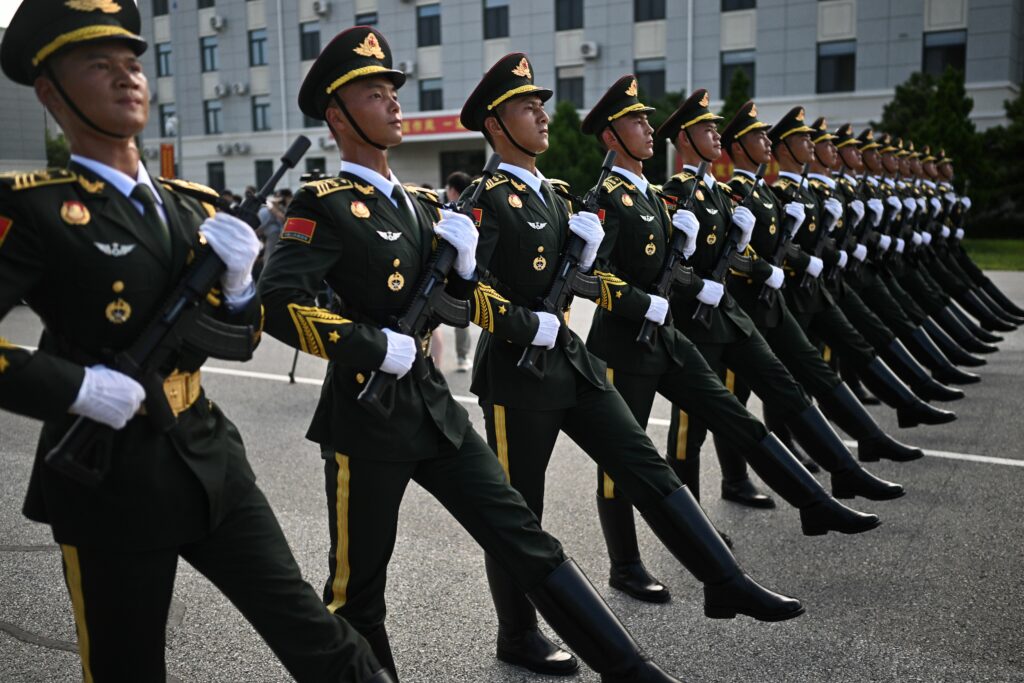Missiles, drones, lasers: New weapons expected at Beijing military parade
China will showcase a range of new weapons during a vast military parade on Wednesday, in a show of strength that is being seen as a challenge to US military dominance.Military experts have been analysing social media photos and footage from several recent rehearsals, which have shown anti-ship missiles, cutting-edge underwater drones, anti-missile systems, and …
Missiles, drones, lasers: New weapons expected at Beijing military parade Read More »



